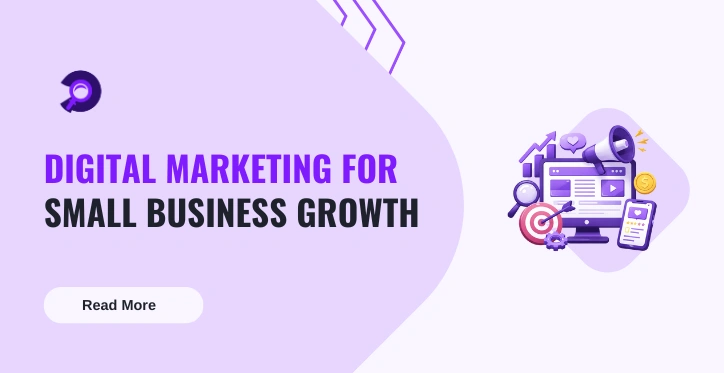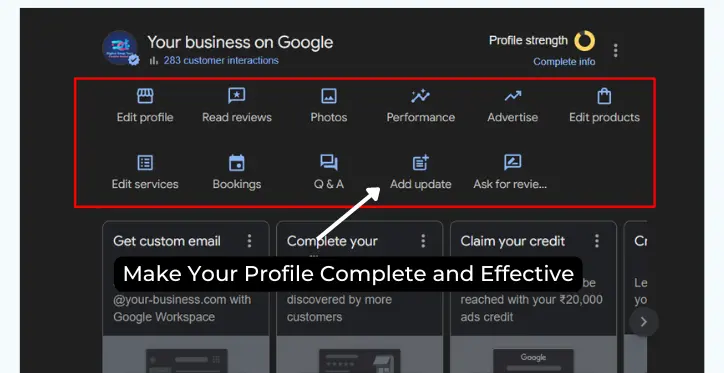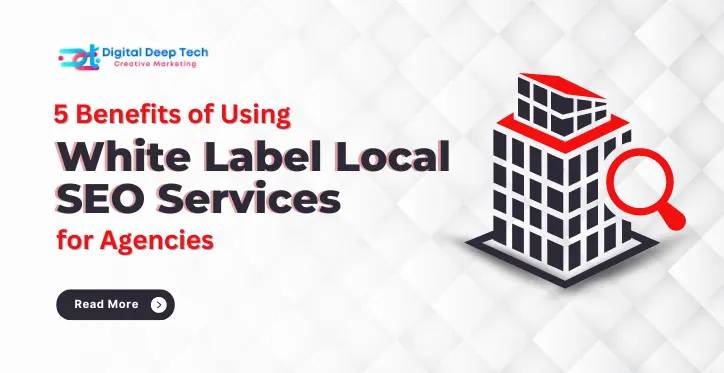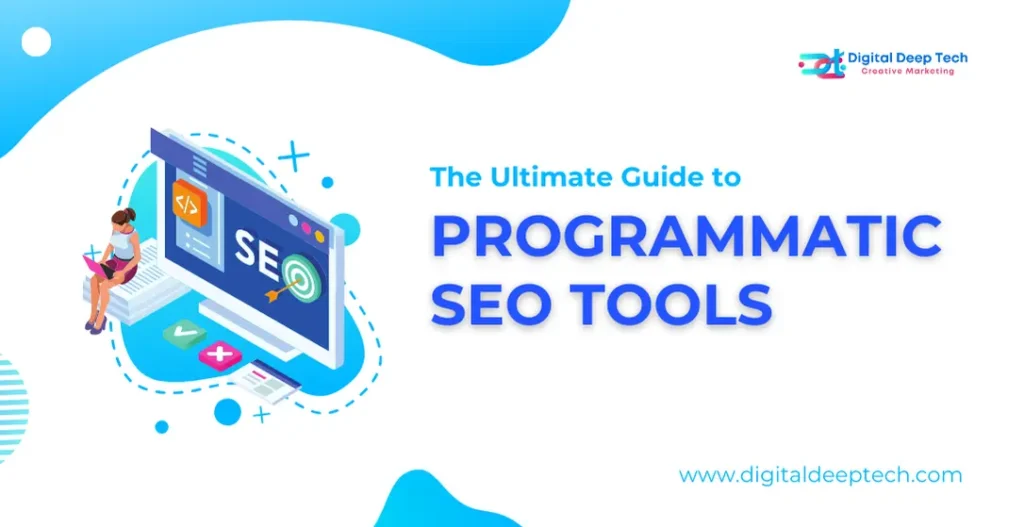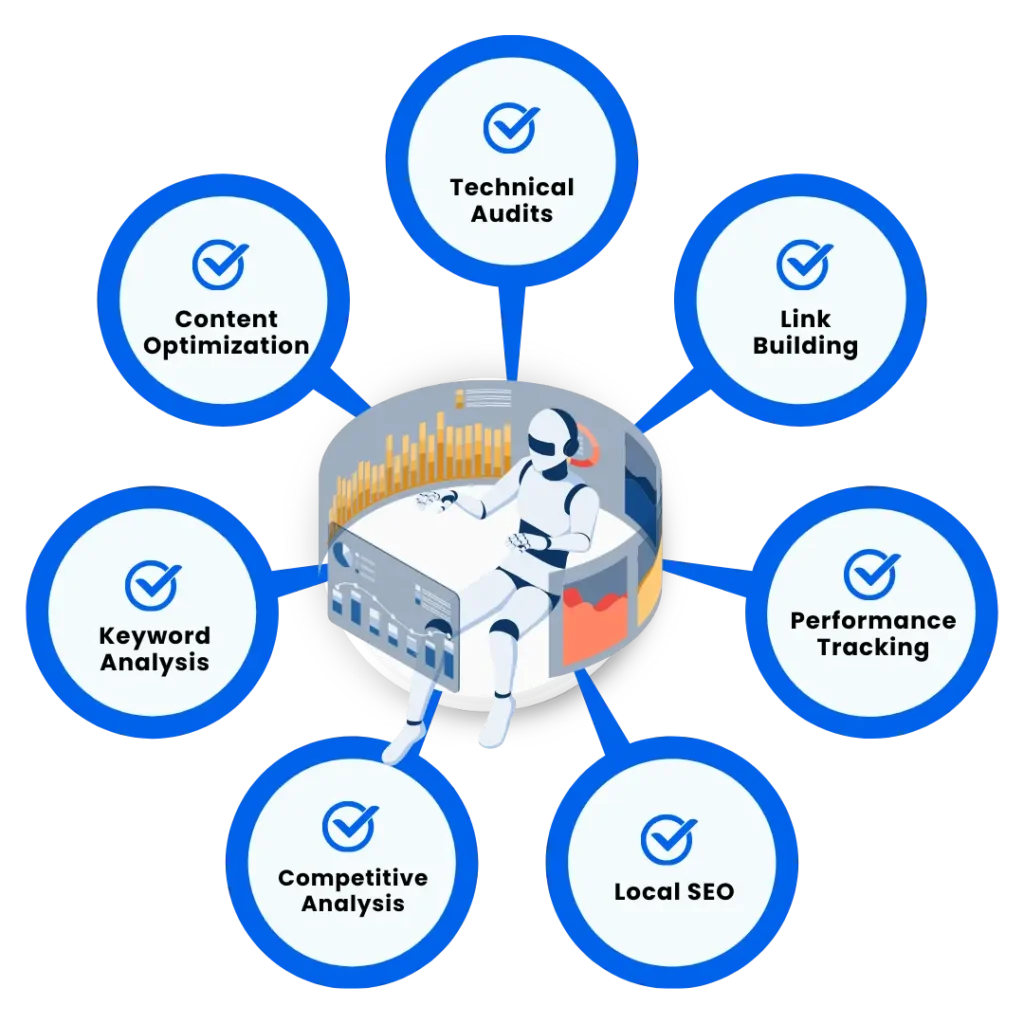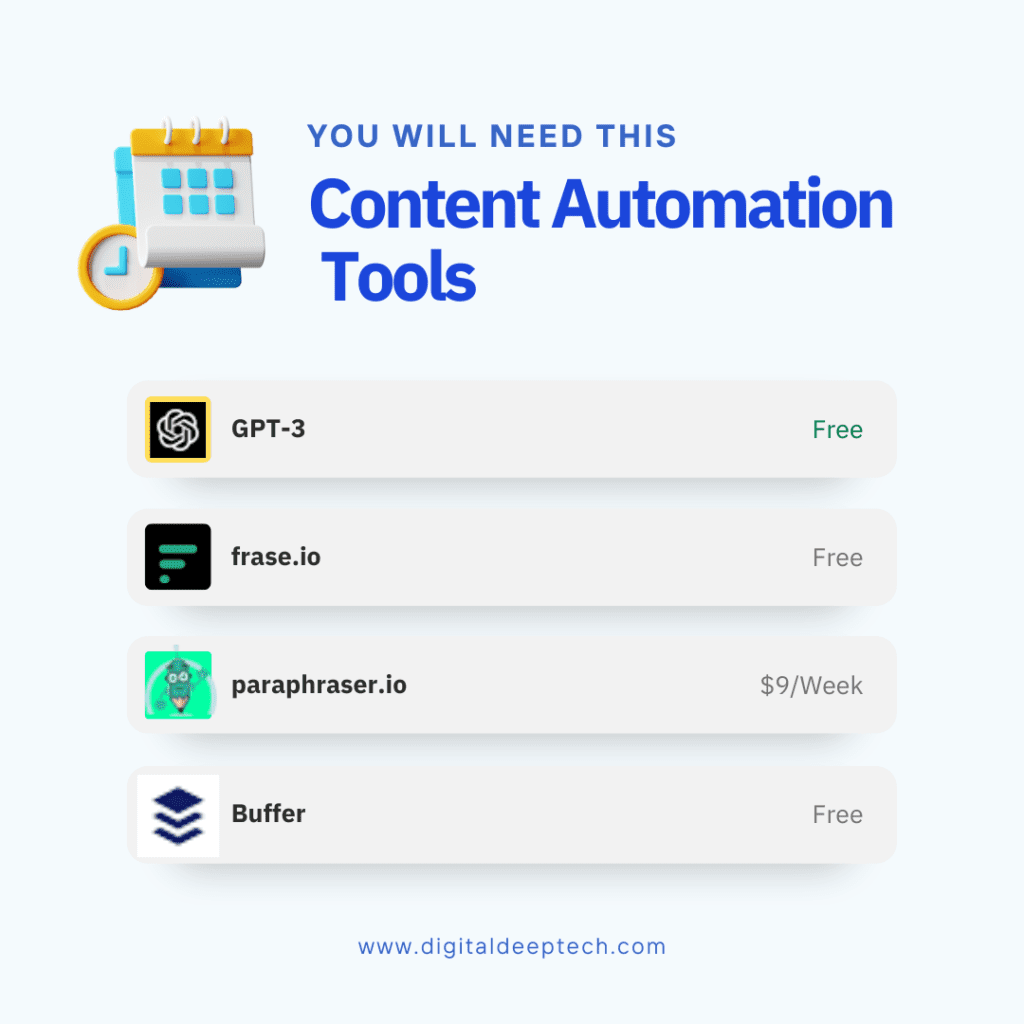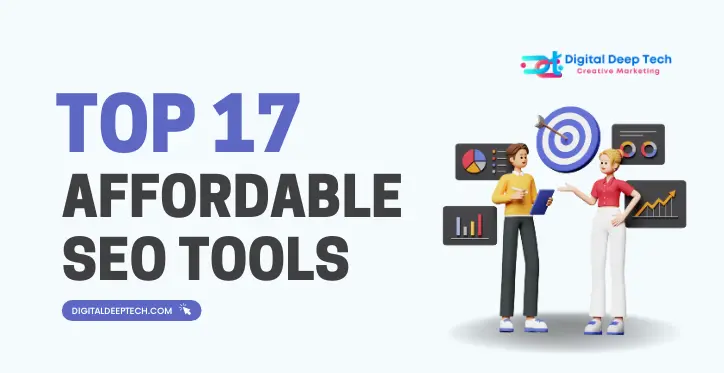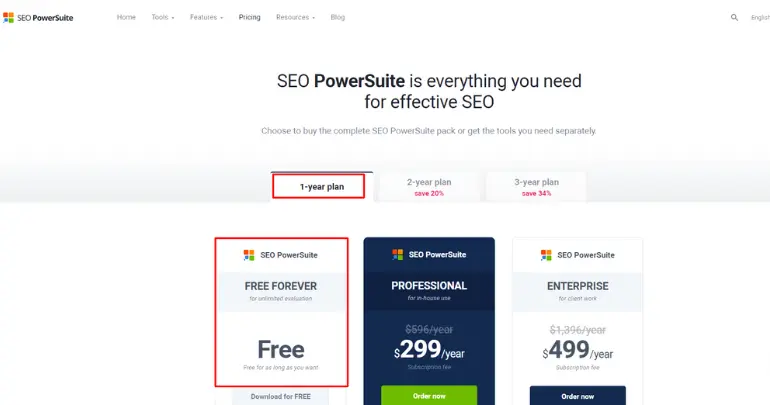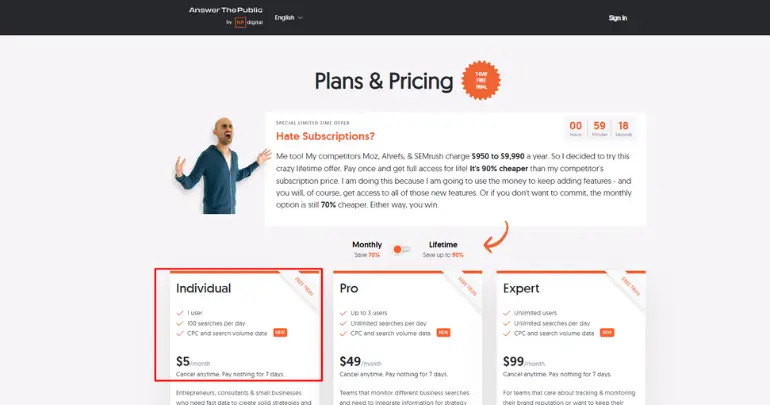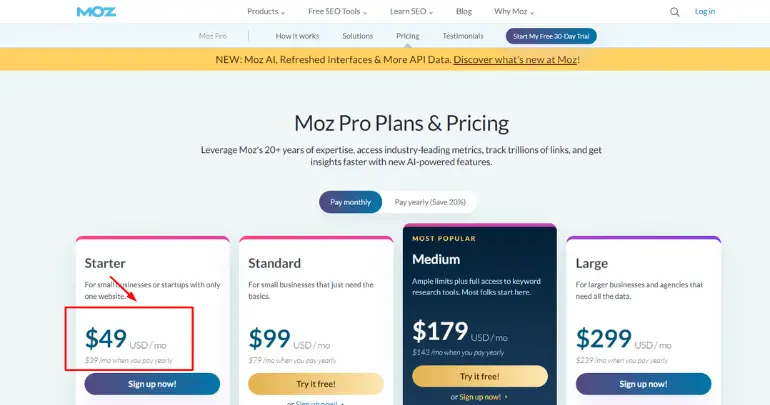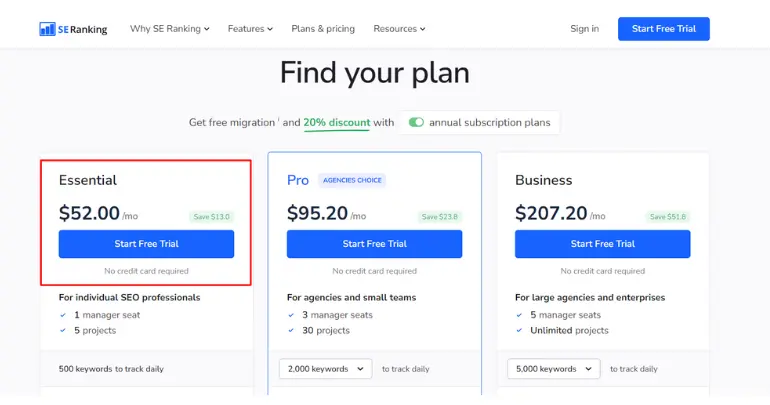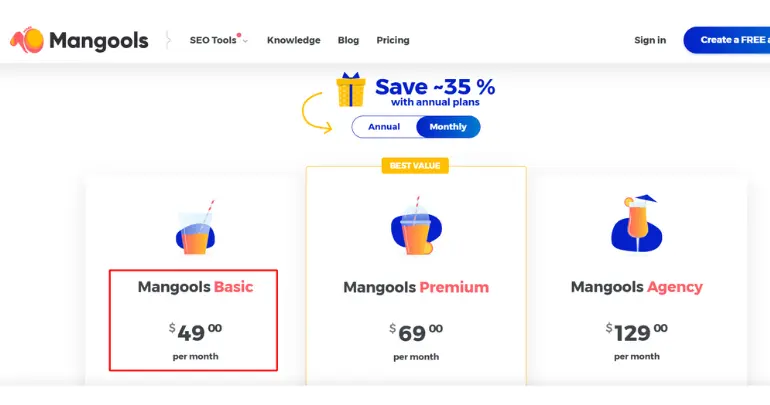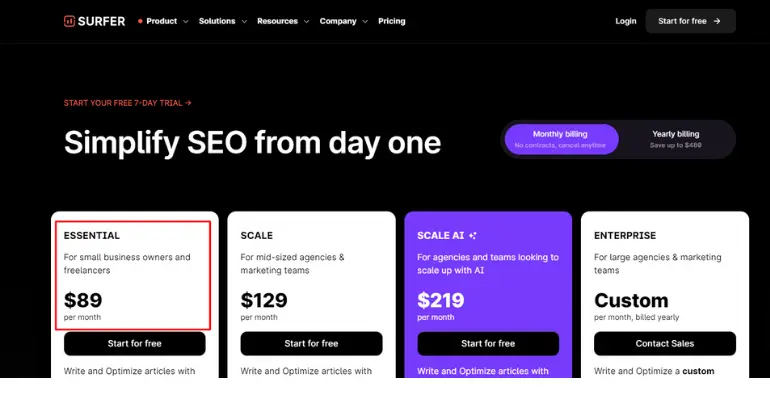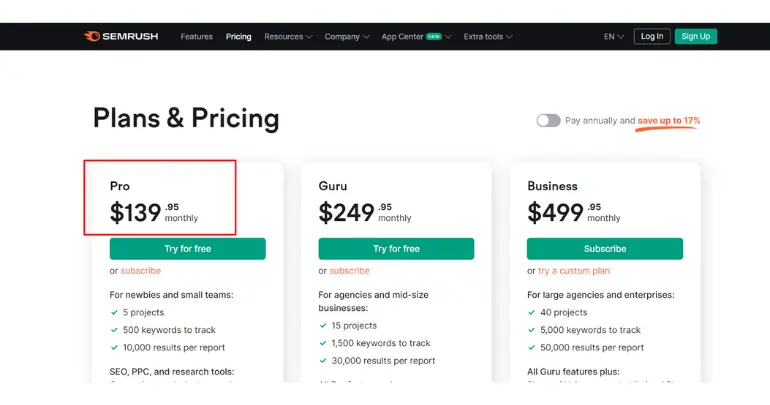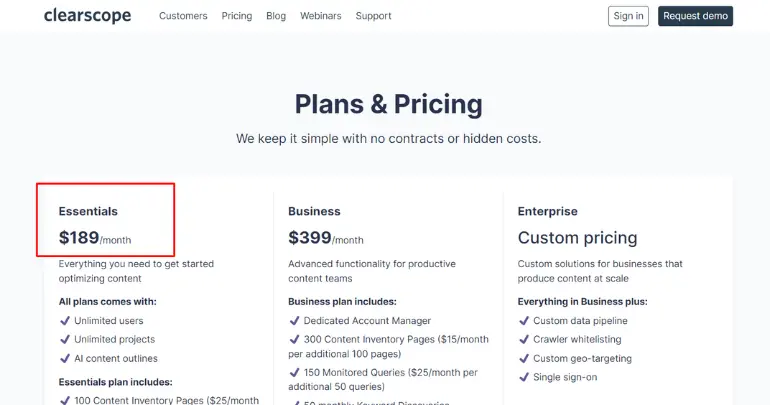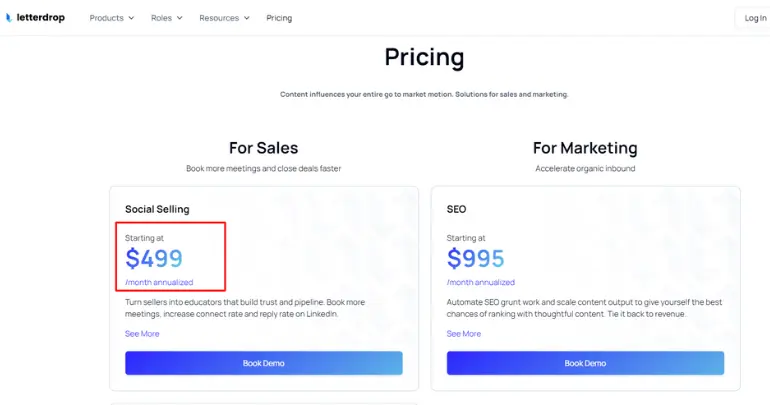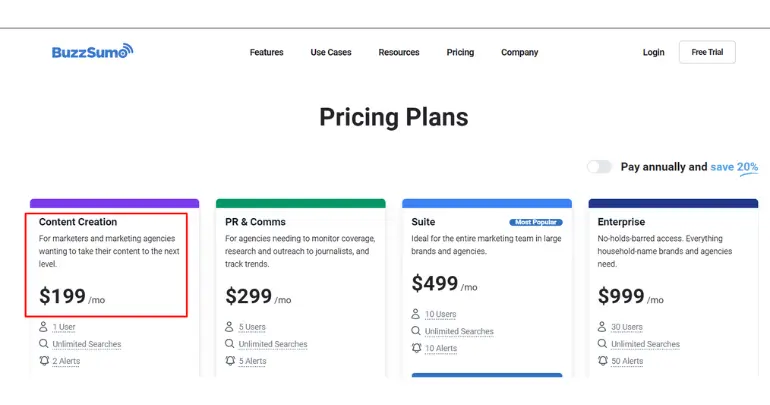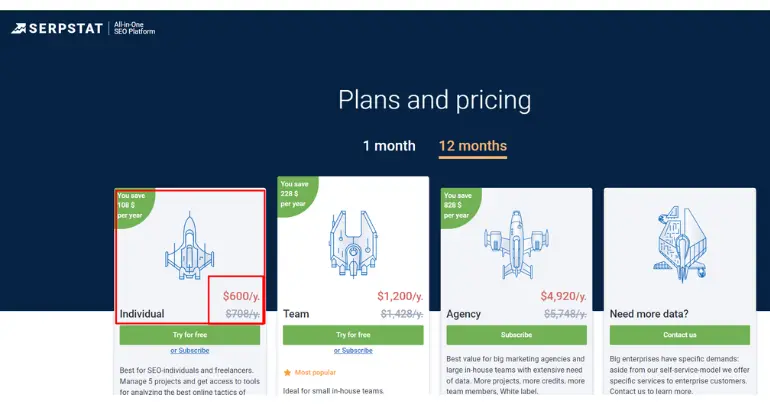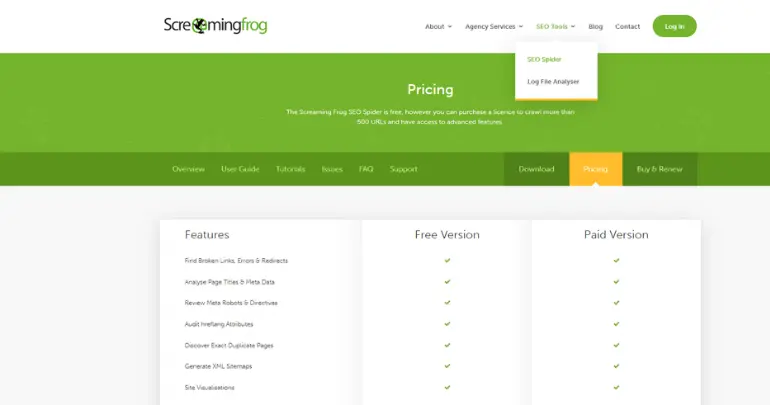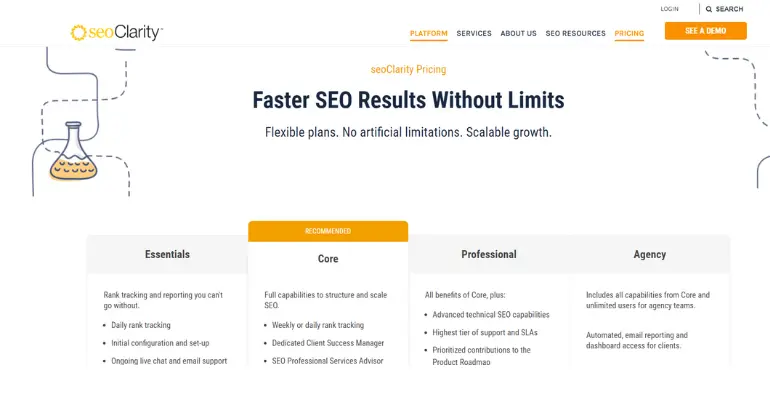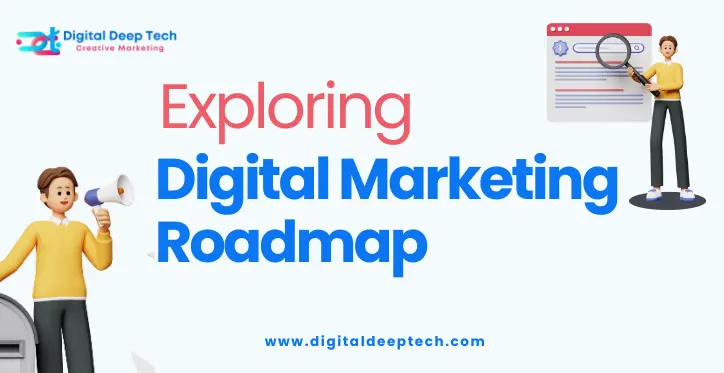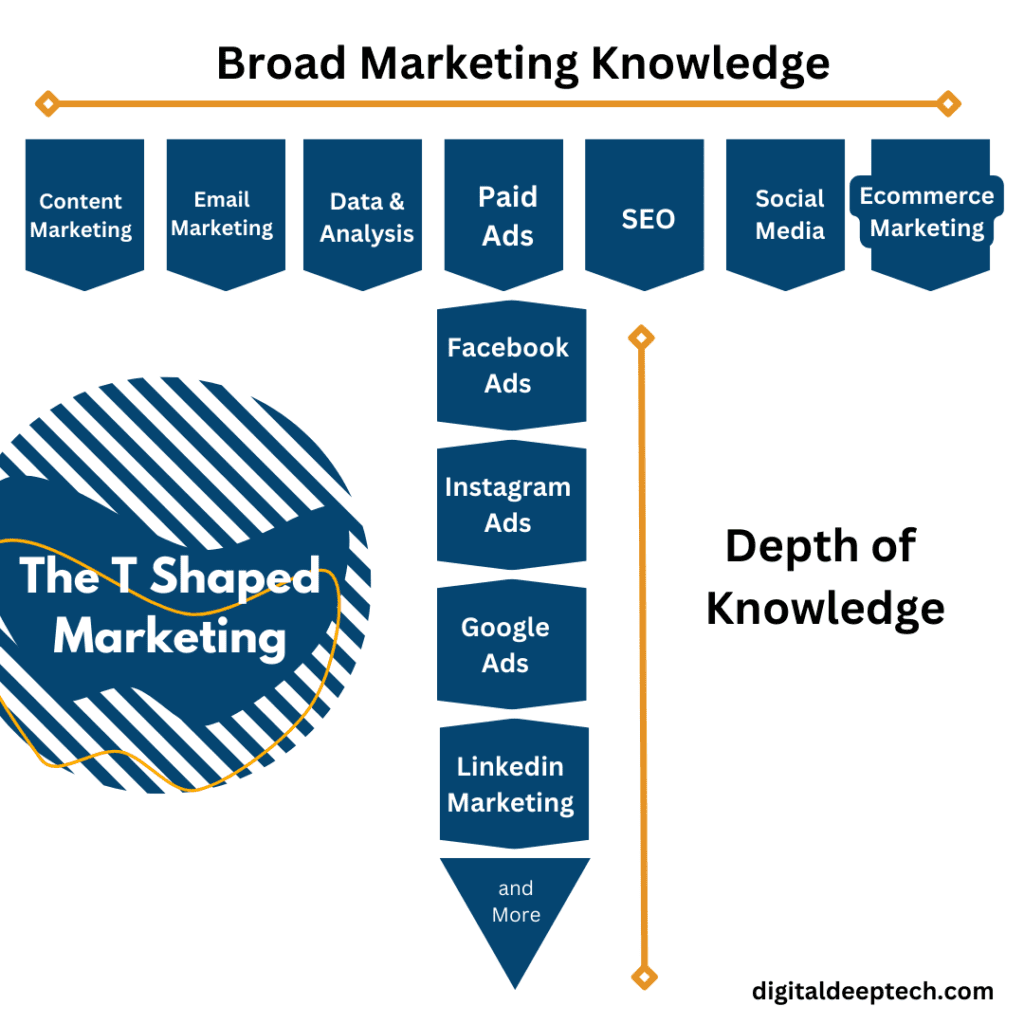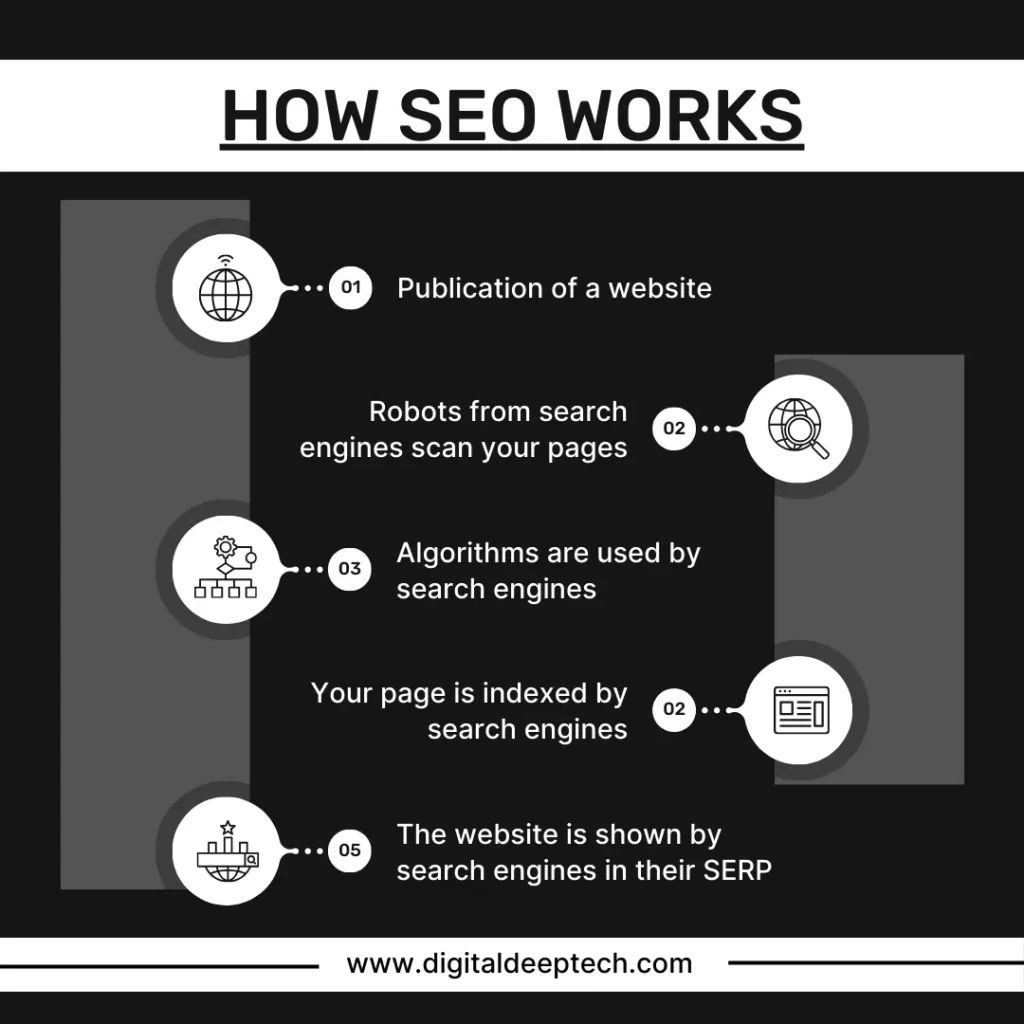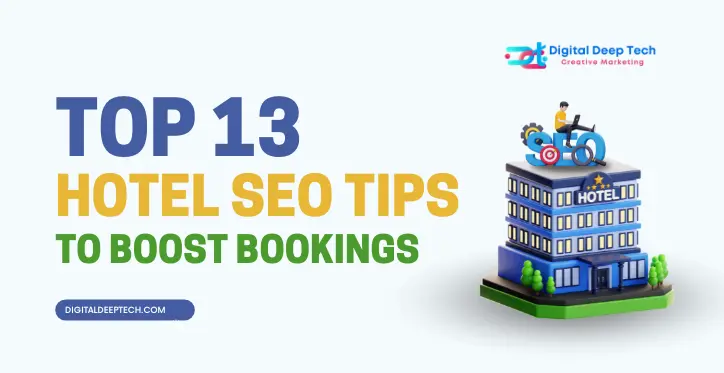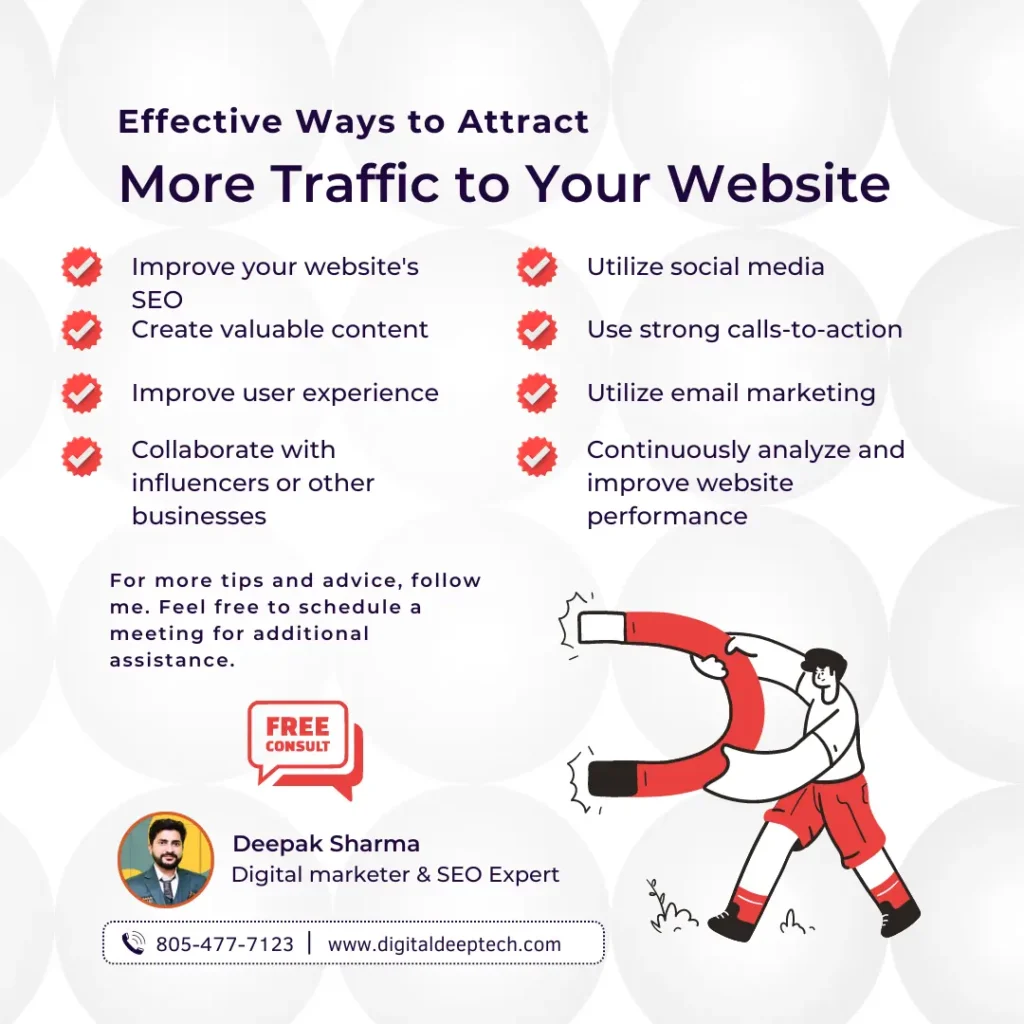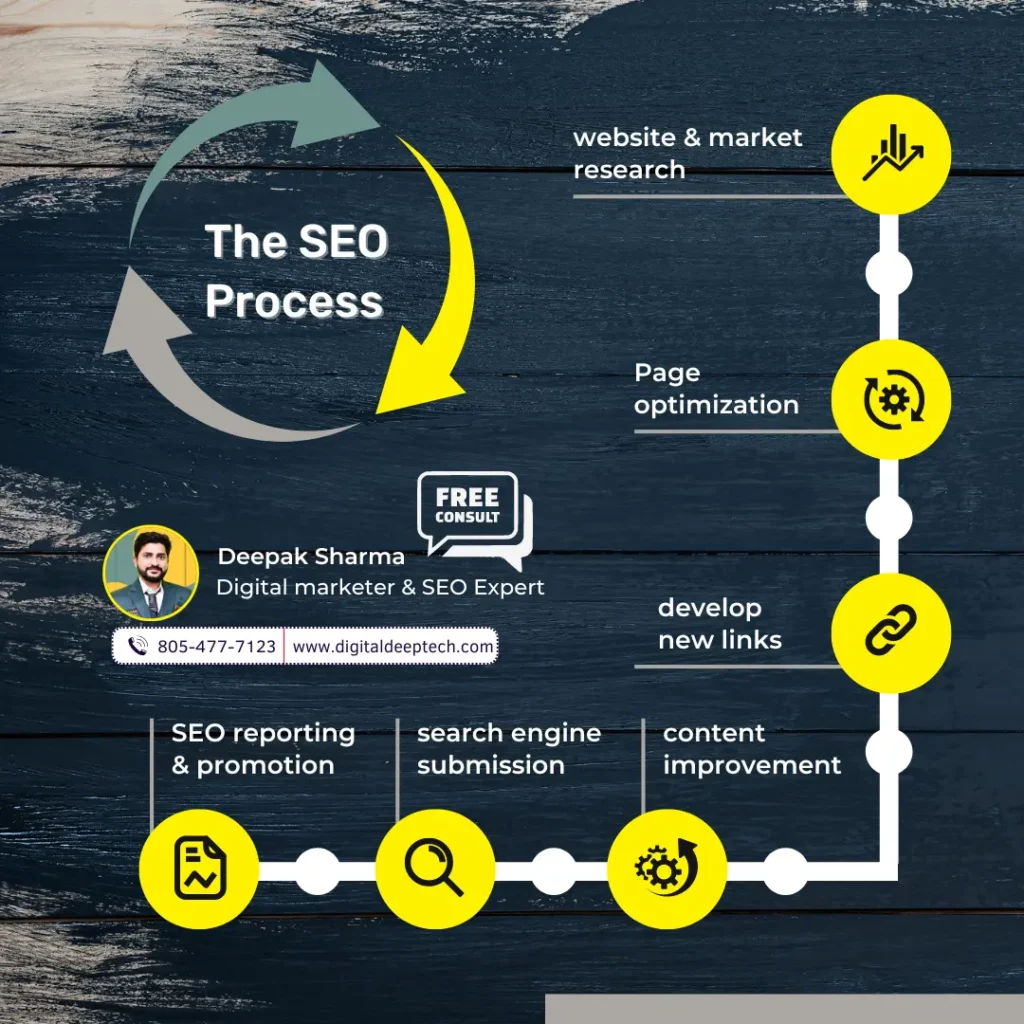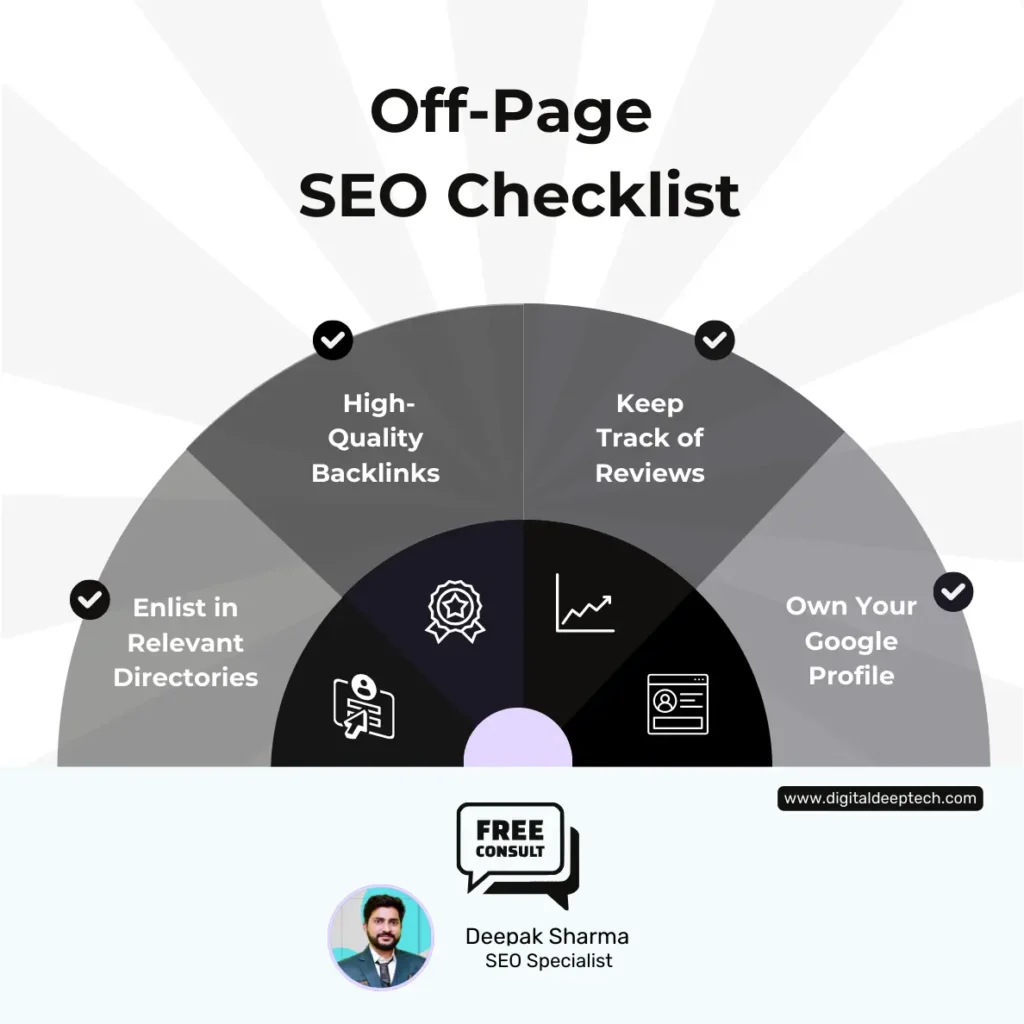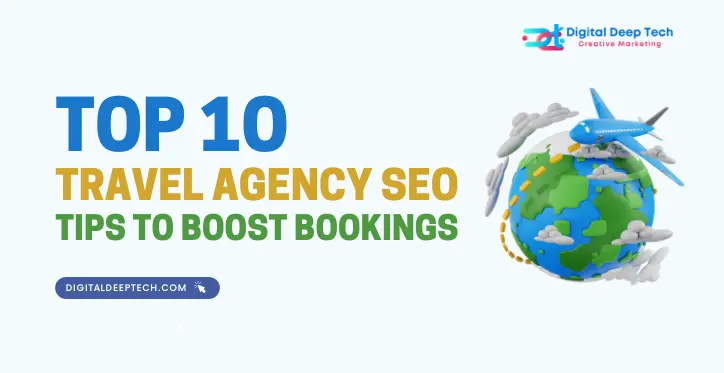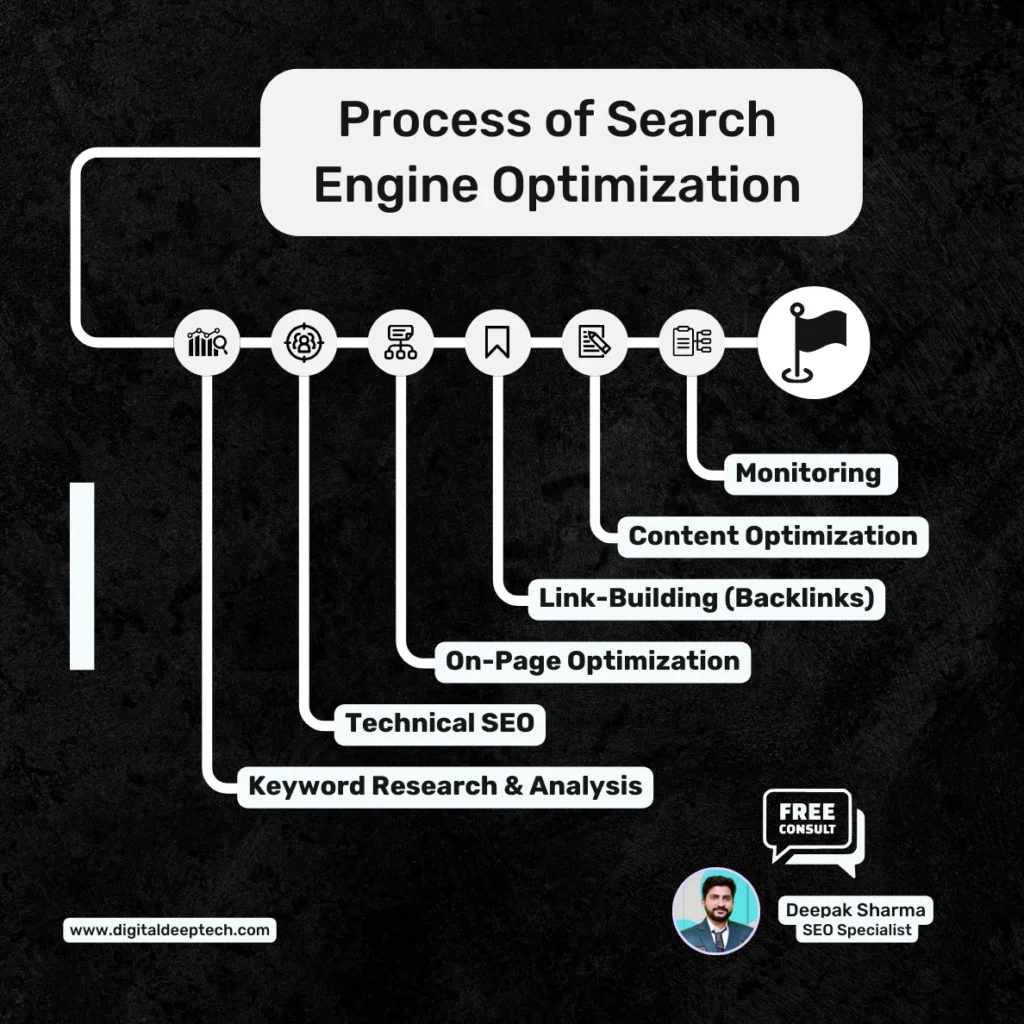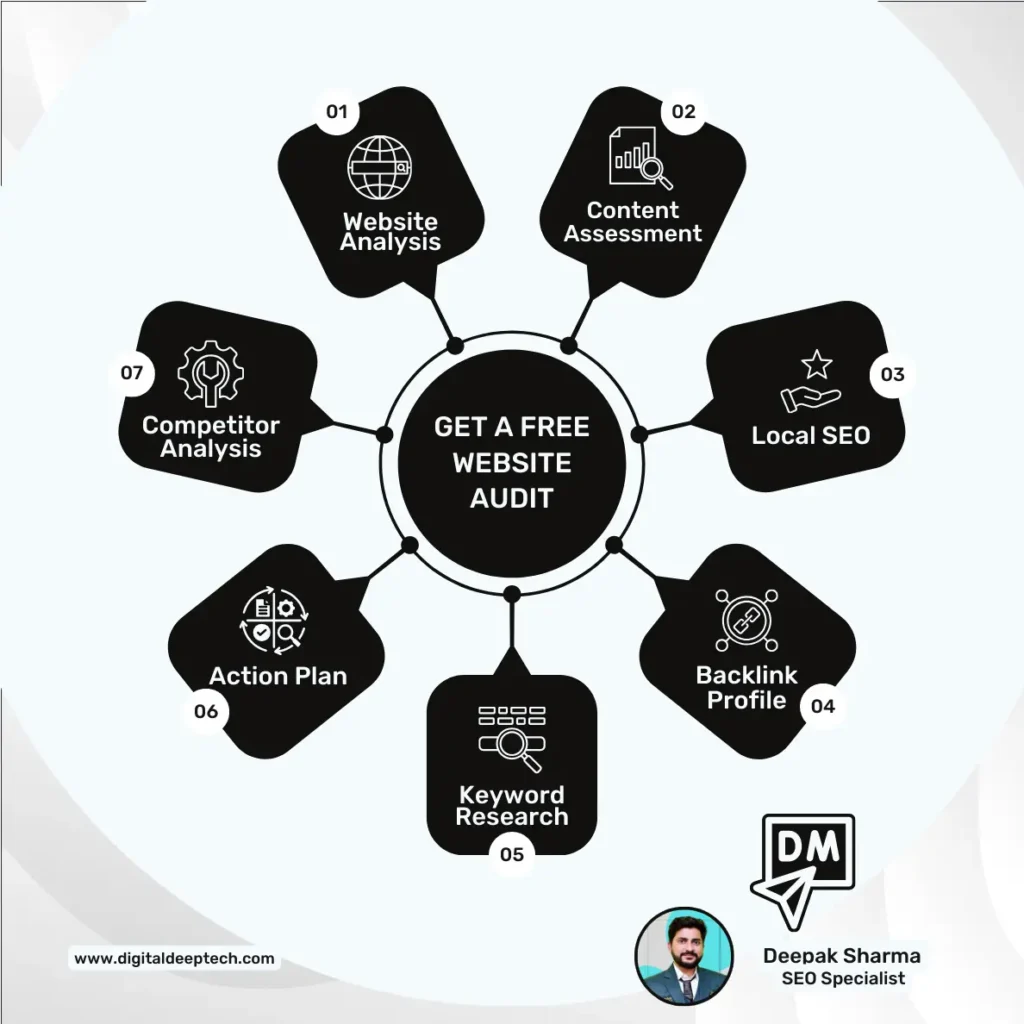Why Digital Marketing Matters for Small Businesses
Digital marketing can seem intimidating, as it presents endless opportunities. There are several strategies and platforms that can strengthen your small business and it has potential to generate a high Rate of Interest. Unlike traditional strategies, digital marketing not only drives traffic but also brings loyal customers. In this article, let’s discuss why it is essential to have digital marketing for small businesses.

Deepak Sharma
SEO consultant
Jan 30, 2026 | 6 min. read
Small Businesses are the backbone of the Indian economy; however, running a small business is not an easy task for sure. You have to wear multiple hats at once. The onus of strategies, managing social media platforms, website making, team management, sales management, and so forth all lies on your shoulders.
If you are making and selling specific products or services in the market at the same time, it becomes quite a daunting task for anyone to manage everything altogether. In that case, Digital Marketing becomes necessary for your business to get a good hype and boost in the market.
Here are some of the practical digital marketing benefits that say why you should prioritize digital marketing for your business growth:-
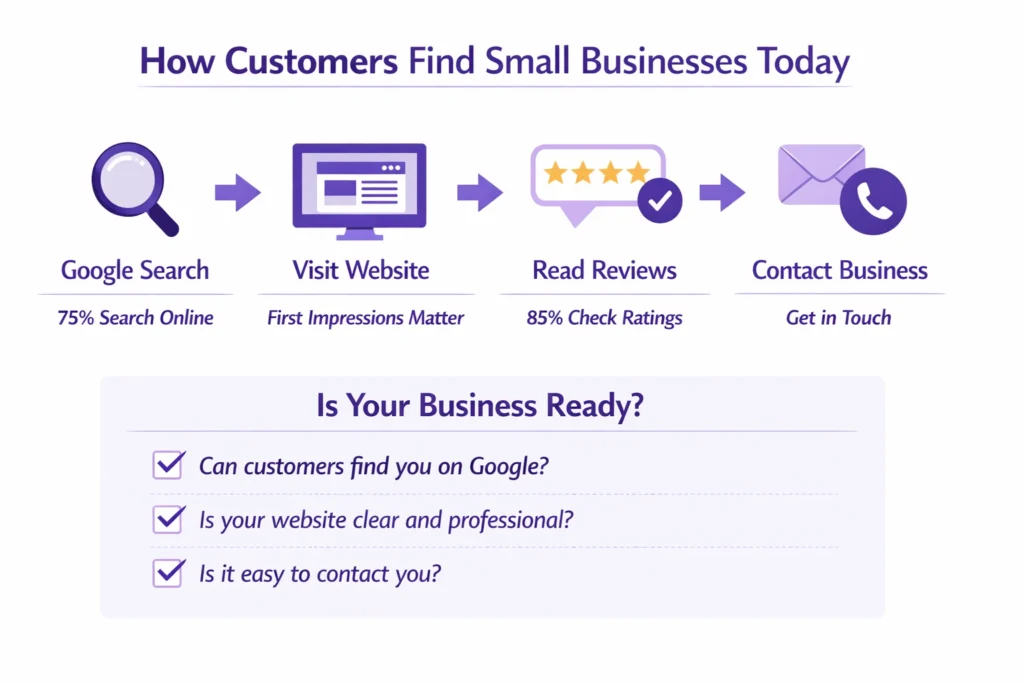
Real Business Benefits of Digital Marketing
1. Understand Your Audience
The first thing one should keep in mind to stand apart from others is “KNOW YOUR AUDIENCE”. You can’t track any other person in your list who is not in demand of your product or service.
Analytics and Reporting tools not only give you valuable insights for your business but also help to track the performance of campaigns running for your business growth. You can flow with the ongoing trends to make a bridge with your customers.
2. It’s Budget Friendly!
For small businesses, “money” matters the most. If you are thinking of making use of running TV commercials, billboards, and printing advertisements, then it can put a big burden on your bank account, and it may not give you a specific pitch.
With Digital marketing platforms like Facebook Ads, Google Ads simply know how to engage your audience, and very budget-friendly for your business. So, why spend a lot of money on one thing only, when you have a lot of options in front of you to target your audience?
3. Enhance Brand Visibility
The most important part for your small business is to have a strong online presence. Those who know Search Engine Optimization (SEO) know that it is definitely the best way to climb the ladder of success. The more organic traffic you get, the more chances there are for potential customers to come to your website and learn what your business is all about.
Apart from this, there are many more social media platforms like LinkedIn, Instagram, and Facebook, which can enhance brand visibility. We can say that, in this way, you can have loyal customers who will permanently attach to your brand for life.
4. Measurable Results in Your Hand
Gone are the days when one has to wait long to see how business is actually performing. Now, you have everything at your fingertips. With the PPC ads running, you can track your reach in real time.
Key metrics like Return on Investment (ROI), Conversion rates, and Click-through rates are your secret weapons, which help to grow your business and maximize your impact throughout the platform with ease. The long-term wait is simply over now. Just a few clicks and everything is on your screen within a second.
5. Flexible and Adaptable
Unlike conventional strategies, Digital Marketing is fast-paced, flexible, and adaptable. Once small businesses are used to digital marketing tactics, it becomes easier to make strategies, a landing page, and engage customers through social media platforms.
Since the platforms are easy, dedicated marketing efforts can lead your small business to another level. It’s all about testing and responsive techniques that work best for your audience.
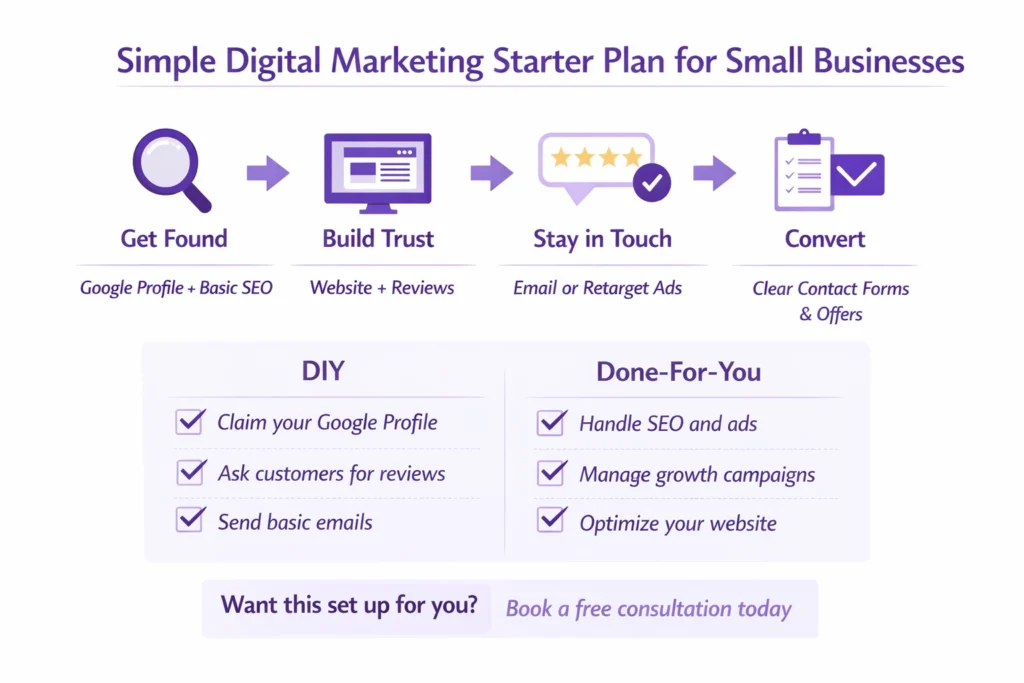
6. High Rate of Interest
High ROI is something that we ultimately look at at the end of the day. It is essential to run campaigns for your brand or make use of platforms like social media for engaging people, in order to increase your scorecard.
It would be even great if businesses are peculiar about content creation, SEO strategies, Website making and maintenance, social media strategies, etc, when everything is in sync, then high ROI is definite to come.
7. Enjoy Global Reach
Once you are successful in making your reach, it would be no surprise if global brands are ready to collaborate and take your business to another level. It will always be great to move ahead from local streets to across the globe.
Selling handcrafted clothes, shawls, clay pots, etc., can be sold over the internet, and it may give you a chance to connect with big entrepreneurs who love to give credit for quality rather than quantity.
81% of users abandon an online form after starting it.
Why it matters:
This shows most potential leads drop off before submitting their details. It explains why small businesses get traffic but no enquiries. Forms that are long, confusing, or feel unsafe kill conversions fast.
Is Digital Marketing Really Worth to do with?
Most people have a concern in their mind, whether to go for digital marketing or not. Well, the answer is simply, “YES”. No matter whether you are running a small, medium, or big business, digital marketing suits best suited for your business at any age.
If the “GROW” word is always in your mind, and you are coming up with a big idea for your business, it will definitely be a big mistake if you are missing “digital marketing” from your list. So, we will surely suggest to dealt with the ongoing trends and making the utmost use of digital marketing to make your audience into loyal and trustworthy customers.
Users decide whether to stay or leave a website within about 10 seconds.
Why it matters:
This explains high bounce rates and why many websites fail to convert. If visitors do not instantly understand what you offer and what to do next, they leave without contacting you.
The Final Verdict!
We can rightly say that “digital marketing” plays a vital role in running a long-term business, and it shouldn’t be ignored at any cost. Using digital trends, it becomes quite easier to handle everything together without any inconvenience.
Get a Quick Review of Your Website
See why visitors leave and how to turn them into leads.
So, without making any long pause, just start with digital marketing tactics and see the change in your small business. You can also opt for a digital marketing course that is specially designed to give complete details about the digital marketing world.
FAQs
Is digital marketing really necessary for a small business?
Yes, especially today. Most customers search online before they buy anything. If your business is not visible on Google or social media, people may never find you, even if your product is great. Digital marketing helps you show up where your customers already spend their time.
How much should a small business spend on digital marketing?
There is no fixed amount. Many small businesses start with a small monthly budget and increase it as they see results. The good thing about digital marketing is that you can control your spending and test what works before investing more.
Which digital marketing channel should I start with first?
For most small businesses, a website and Google presence (SEO and Google Business Profile) are the first priority. After that, social media and paid ads can help you reach more people faster. The right channel depends on your industry and where your customers are active.
How long does it take to see results from digital marketing?
Some strategies like paid ads can bring results within days. SEO and content marketing usually take a few months to show strong results. Digital marketing is not a one-time activity, it works best when done consistently.
Do I need technical knowledge to do digital marketing?
Not necessarily. Many tools are beginner-friendly, and you can also hire an agency or consultant. However, understanding the basics helps you make better decisions and avoid wasting money on the wrong strategies.
Can digital marketing help local businesses, not just online stores?
Yes, absolutely. Local businesses like salons, restaurants, service providers, and shops benefit a lot from digital marketing. Local SEO, Google reviews, and social media can bring nearby customers directly to your business.
How do I know if my digital marketing is working?
You can track website traffic, leads, calls, form submissions, and sales. Tools like Google Analytics and ad dashboards show real data, so you can see what is working and what needs improvement.
Is SEO better than paid ads for small businesses?
Both are useful, but they work differently. SEO is long-term and builds trust and organic traffic. Paid ads give quick visibility and leads. Many successful small businesses use both together.
Can I do digital marketing by myself or should I hire an expert?
You can start by yourself with basic strategies, but as your business grows, hiring an expert can save time and money. A professional can create a clear plan, avoid mistakes, and focus on results.
What is the biggest mistake small businesses make with digital marketing?
The biggest mistake is being inconsistent or expecting instant results. Digital marketing needs testing, patience, and regular updates. Another common mistake is focusing only on posting content without tracking performance or conversions.
Why Digital Marketing Matters for Small Businesses Read More »

